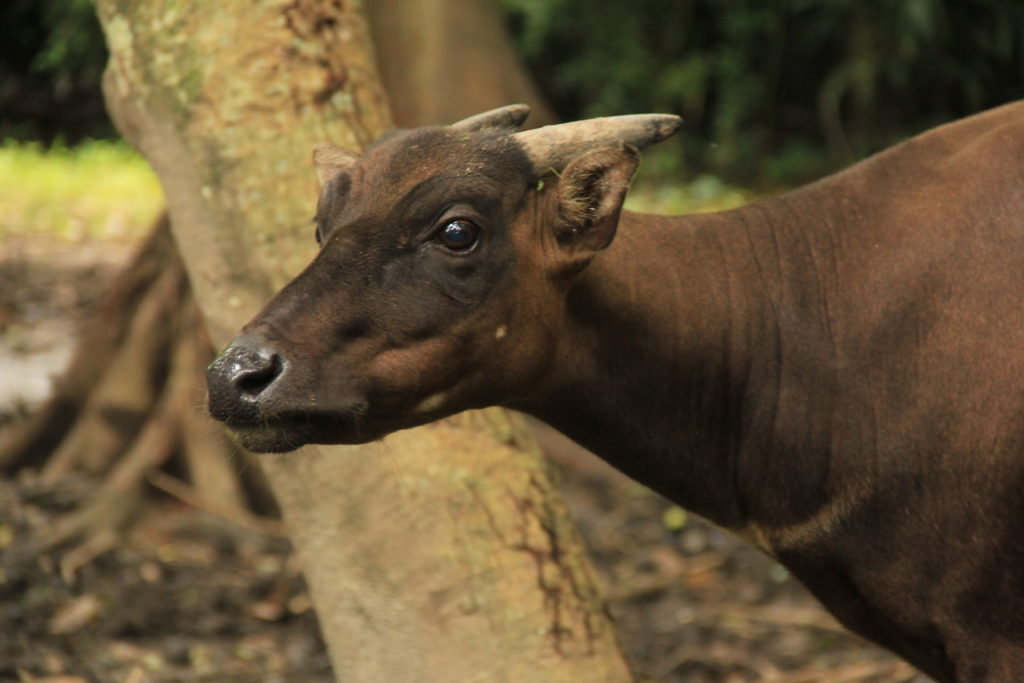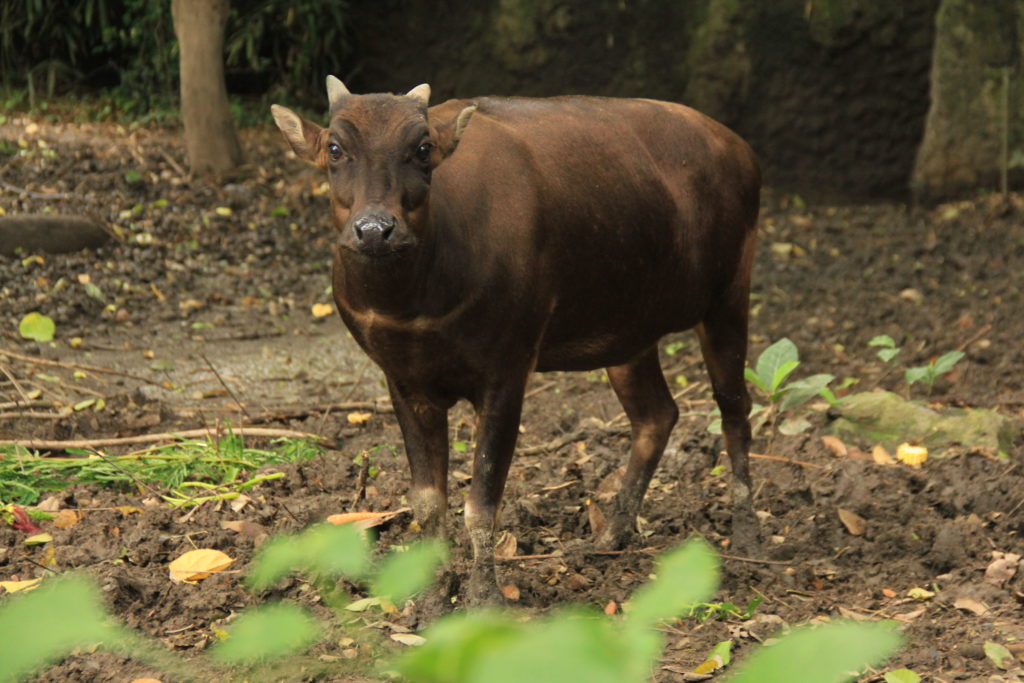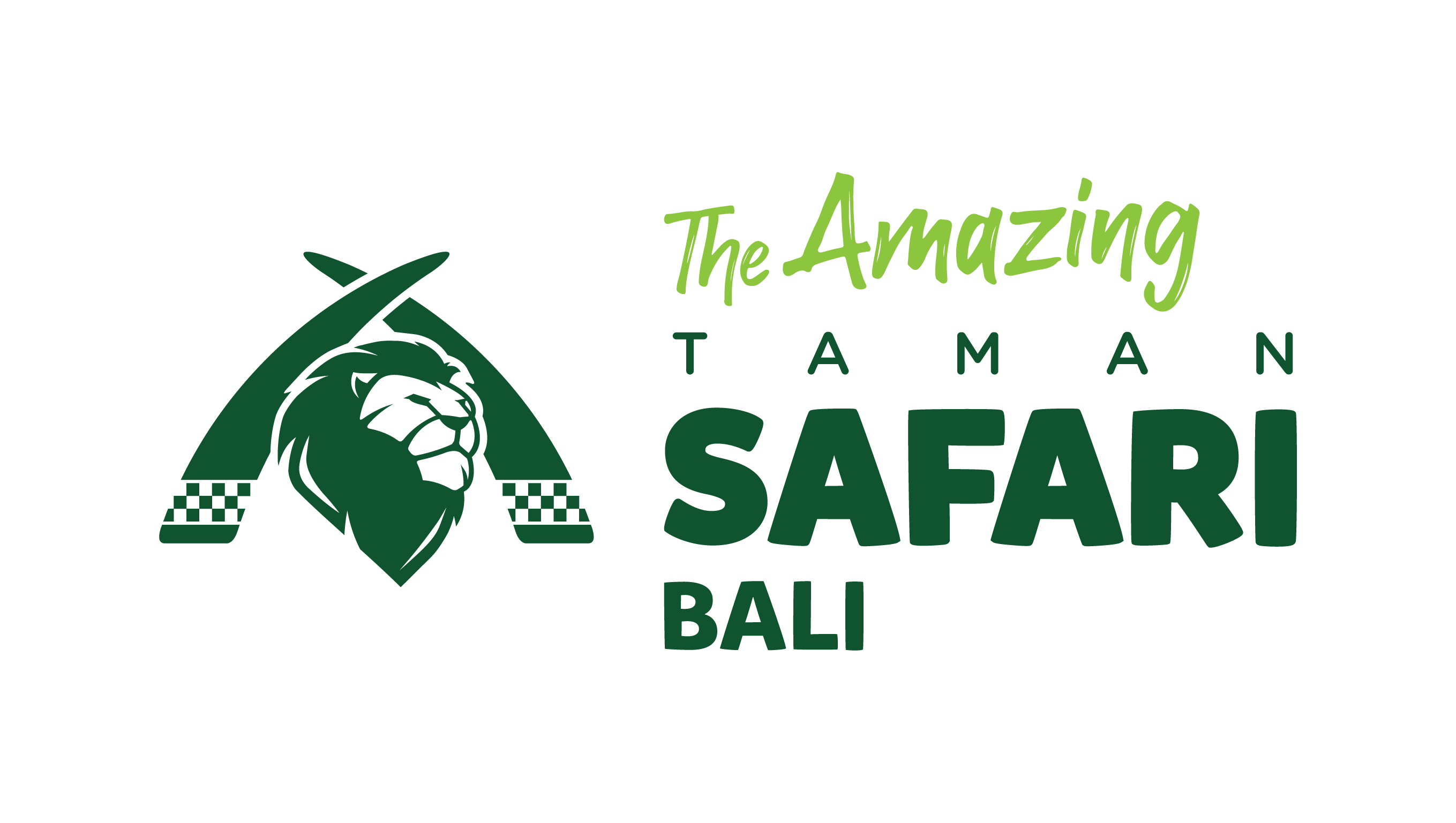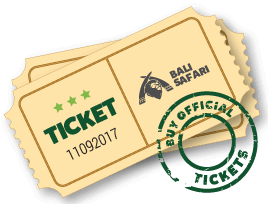Often known as the dwarf buffalo, this animal have similar shape to a buffalo but with a smaller size. Can you guess what kind of animal is it? – Obviously! It’s the Anoa, the endemic animal of Sulawesi, and also the smallest species of wild cuttle on the planet.
Having an endangered status, let’s find out more facts about this rare animal!

Habitat of The Anoa
Anoa (Bubalus depressicornis) is an endemic mamals to the islands of Sulawesi and Buton. Belongs to the Bovidae family, this animal can be found almost all over the island of Sulawesi.
This animal lives in untouched forests such as open grasslands and sometimes can be found in the swamps. They really like to live alone and avoid humans.
Moreover, they have a habit to soak in mud, so these animals can be found in muddy forest interiors. This animal has a life span up to 30 years.
Characteristics
There are two types of them, namely lowland anoa and mountain anoa. The difference between the two types lies in the size of the horns and body.

The size of mountain anoa can reach up to 180cm with a weight less than 150kg. While the lowland anoa has a body length of up to 180cm and a weight of up to 200kg. The lowland anoa has less hair than the mountain type.
As here in Bali Safari Park, you can witness the type of lowland Anoa while go on Safari Journey!
The mascot of Southeast Sulawesi
Did you know that this animal is the mascot of the province of southeast Sulawesi, and is currently the logo for the national press event in 2022.
“Kadua” is what they being called by local people, which means anoa. They used as the mascot of the province because this animal endemic to southeast Sulawesi that needs to be protected.
It is currently known that fewer than 5000 individual (both lowland and highland type) remain. This number is predicted to decrease due to the illegal hunting by the locals and massive illegal logging that causes loss of anoa’s natural habitat.
Come and see these rare animals closer, and get involved to animal welfare in Bali Safari Park!






